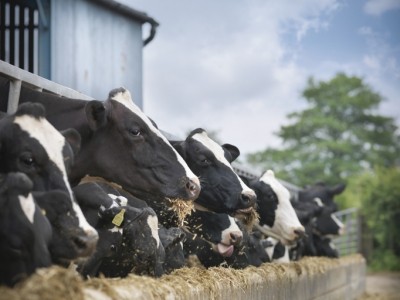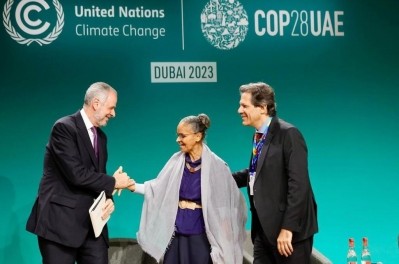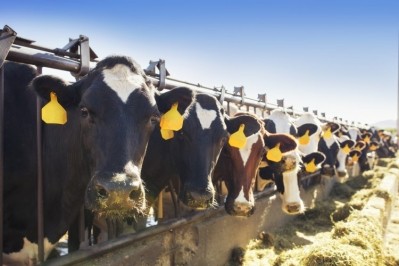COP28 Emirates Declaration: Food is finally at the top table but measurable targets are missing

The new Emirates Declaration on Sustainable Agriculture, Resilient Food Systems and Climate Action calls for countries to advance policies and finance to reshape the food system.
Food and farming stakeholders welcomed the resolution, recognising it as the first COP declaration to directly tackle the relationship between food systems and the environment, but they also identified potential fault lines.
The International Panel of Experts on Sustainable Food Systems (IPES-Food) said the declaration brings food systems, which historically have been marginalised at international climate summits, into the fold. Nevertheless, the organization decried the fact the statement contains no legally binding commitments.
Lim Li Ching, co-chair of IPES-Food and senior researcher for Third World Network, reacted: "We cannot meet our global climate goals without urgent action to transform the industrial food system, which is responsible for one-third of greenhouse gas (GHG) emissions and 15% of fossil fuel use. But while this is an essential first step, the language remains very vague – and specific actions and measurable targets are conspicuously missing.”
The resolution will only be meaningful if there is follow-through on the ground, remarked Jennifer Morris, CEO of global environmental organisation, The Nature Conservancy. “The 134 countries who have committed to the declaration will need to work with every actor in the food system to deliver real lasting change.”
NDCs need to be updated
The lack of reference to the industry’s fossil fuel dependence was a glaring emission, according to Patty Fong, program director at the Global Alliance for the Future of Food.
But she praised the commitment to integrate food and farming into domestic climate action plans, saying it was “long overdue”.
Fong noted that over 70% of countries’ Nationally Determined Contributions (NDCs) lack adequate action on food systems. Updating them, she argued, is where there is real potential to tackle emissions and unlock climate finance.
The Paris Agreement obliges each country to outline and communicate their post-2020 climate actions, known as their NDCs.
Edward Davey, head of UK Office, World Resources Institute (WRI) Europe, and partnerships director, Food and Land Use Coalition also looks to the NDCs as a mechanism for change: “All countries must leave COP with a commitment to incorporate food and food systems fully into their next round of NDCs and return to COP29 and COP30 in Brazil with real progress to demonstrate to this end.”

Financing farmers
Danone’s CEO, Antoine de Saint-Affrique, commented that food being at "the top table for the first time" is an important step forward.
Noting that one third of GHG emissions and 40% of methane emissions caused by humans come from the agriculture sector globally, he said solutions already exist to reduce those numbers but they must be scaled as fast as possible. "That cannot happen without greater financing. Public-private partnerships must work harder to unlock the financing farmers need to spearhead the transition.”
Elizabeth Nsimadala, president of the Eastern African Farmers Federation and part of an alliance of farmers organisations representing over 35 million small-scale food producers across the globe, believes this COP28 resolution has "sounded the starting gun" on food system transformation.
"It recognises that the world’s 440 million small-scale family farmers are key to delivering this vision but if we are to play our part we need a real say in decisions on food and climate and more direct access to climate finance: we receive just 0.3% of international climate finance despite producing a third of the world’s food."
Protein diversification
For Dr Lee Recht, from the Global Cellular Agriculture Alliance, the declaration is a step in the right direction but he stressed that protein diversification needs to be a part of the core strategy for system change.
"Innovative tools, like cellular agriculture, can play a vital role in complementing sustainable animal agriculture, contributing to a more diverse protein sector and the establishment of more secure and resilient food systems."








